A major event in current Marvel Comics is Heroes Reborn, which takes its title from a major and controversial 1996 storyline that saw Marvel try to reboot the Avengers and the Fantastic Four. Many comic book fans consider the event as emblematic of the '90s, but the legacy of Heroes Reborn is complicated.
Comic book readers tend to remember the event with something less than love, and even some comic book characters, like Deadpool, have offered their opinions on it. But Heroes Reborn is instructive in understanding both the comic industry and the legacy of some of its greatest superheroes, many of whom have become a huge box office draw in the last decade.
10 Hard Times
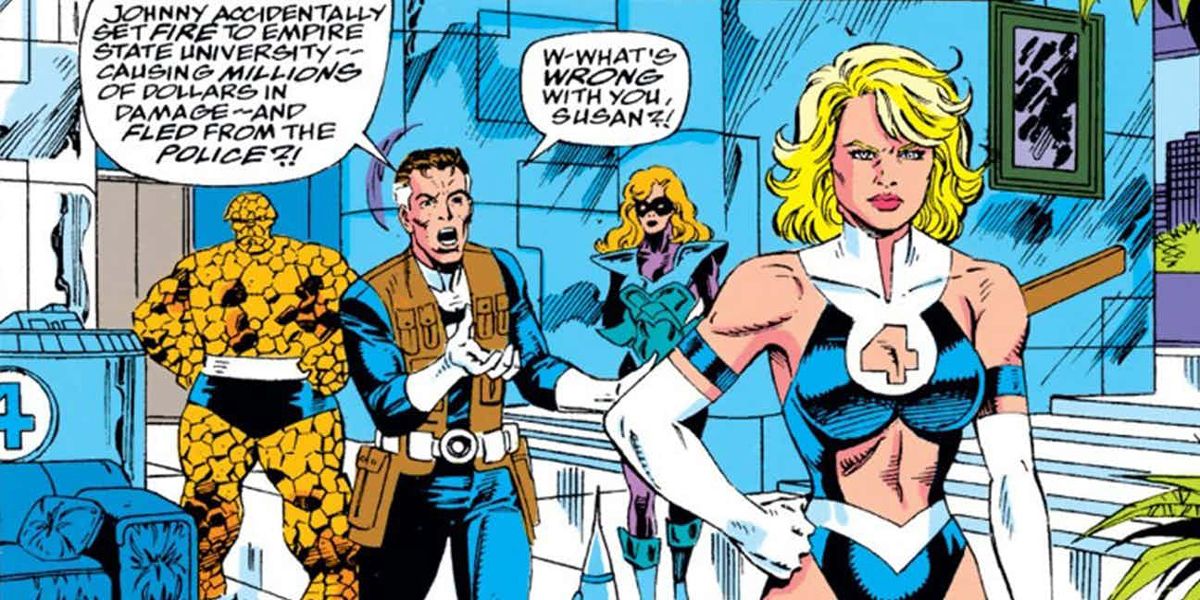
1996 was a period of plummeting sales for Marvel, and they would eventually file for bankruptcy a short time later. While X-Men remained very popular through the '90s thanks to stories like the Age Of Apocalypse, legacy titles like the Avengers and Fantastic Four weren't doing nearly as well.
Sales of both titles prior to Heroes Reborn were at about 30,000 copies a month. Heavy-handed moves like giving the Invisible Woman a very impractical costume didn't seem to be working to draw in new readers. A new, dramatic approach was needed.
9 Outsourcing To Image Comics
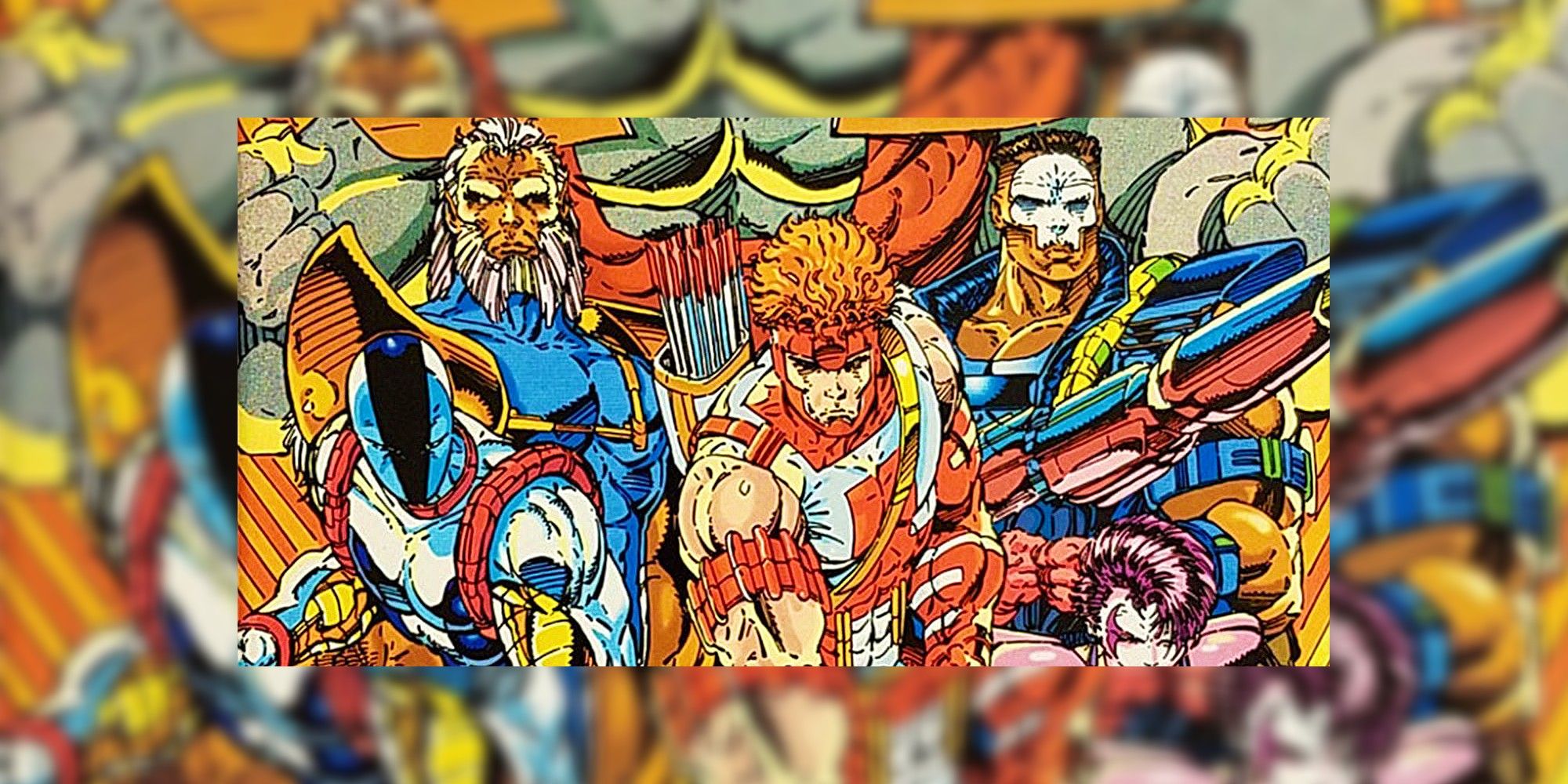
Marvel's strategy to breathe life back into their core characters was to update the characters with the most popular artists of the time. The heady days of the '90s began with the exodus of several major Marvel Comics artists, including Jim Lee, Rob Liefeld, and Todd McFarlane. These artists had left the company to form Image Comics.
The success of Image ultimately led Marvel to lure Lee and Liefeld back to the fold to revamp some of their core comic books. Lee handled Fantastic Four and Iron Man while Liefeld oversaw Captain America and the Avengers.
8 Bubble Universe
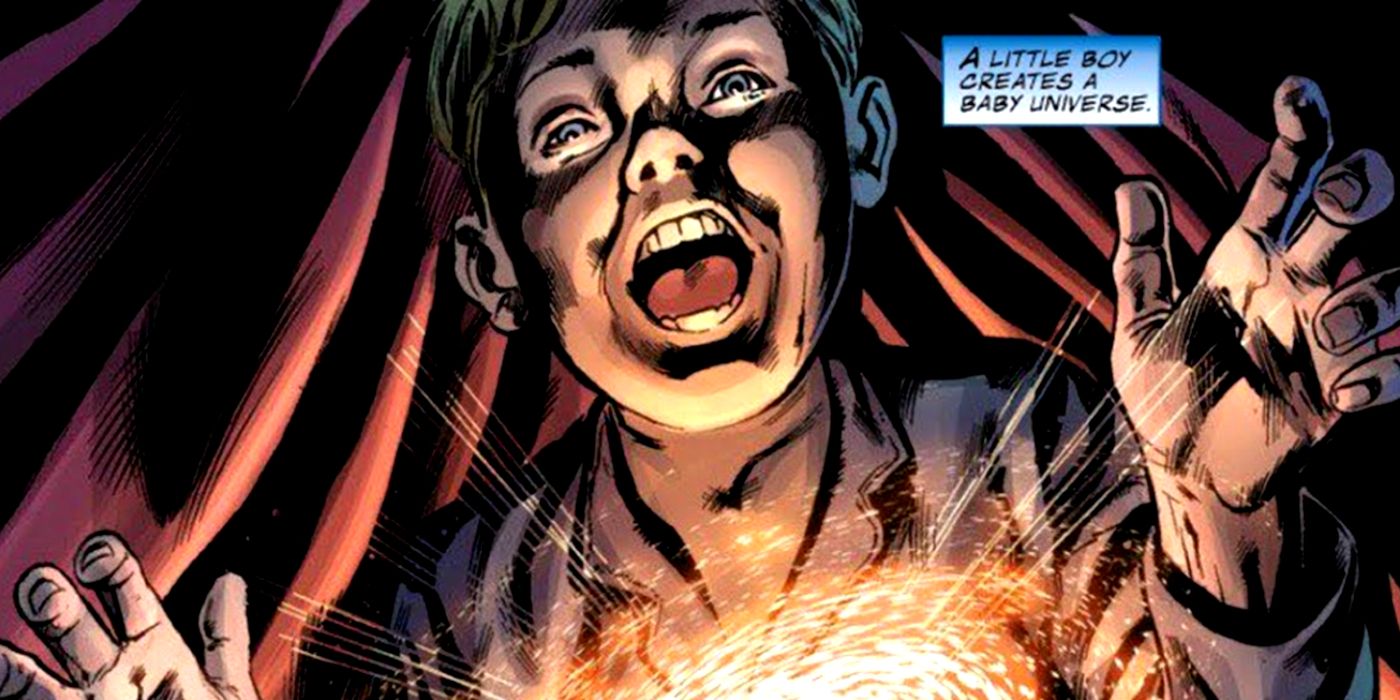
The creative concept of this reboot spun out of the Onslaught event in X-Men comics at the time. The supervillain - a terrifying amalgamation of Professor X and Magneto - took down all of the X-Men with ease, and the Fantastic Four and Avengers sacrificed their lives to stop him. Or so it seemed.
It turned out that the two groups had actually been whisked away at the last moment to a bubble universe created by Franklin Richards, the son of the Invisible Woman and Mr. Fantastic.
7 Rebooted Continuity
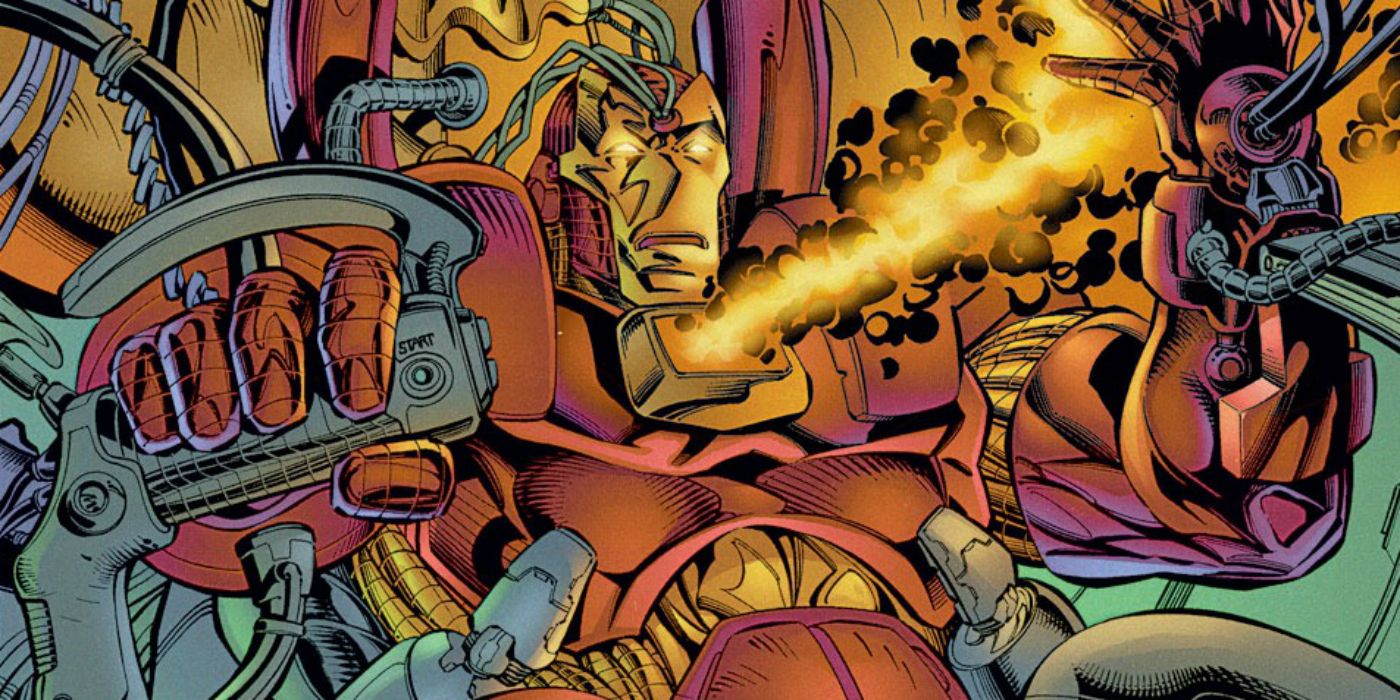
Inside this bubble universe, continuity started over from scratch for the heroes. This allowed Marvel to modernize the backstories of many of their major characters and give new readers a chance to get on board without the weight of decades of continuity. One example is making Ben Grimm a veteran of the Gulf War rather than World War II.
The new universe also gave Sam Wilson, the Falcon, superpowers thanks to a blood transfusion from Steve Rogers. Some of these differences would carry over into the main Marvel Universe of Earth-616 after Heroes Reborn concluded. These updates also found their way into other media.
6 Controversial Creative Decisions
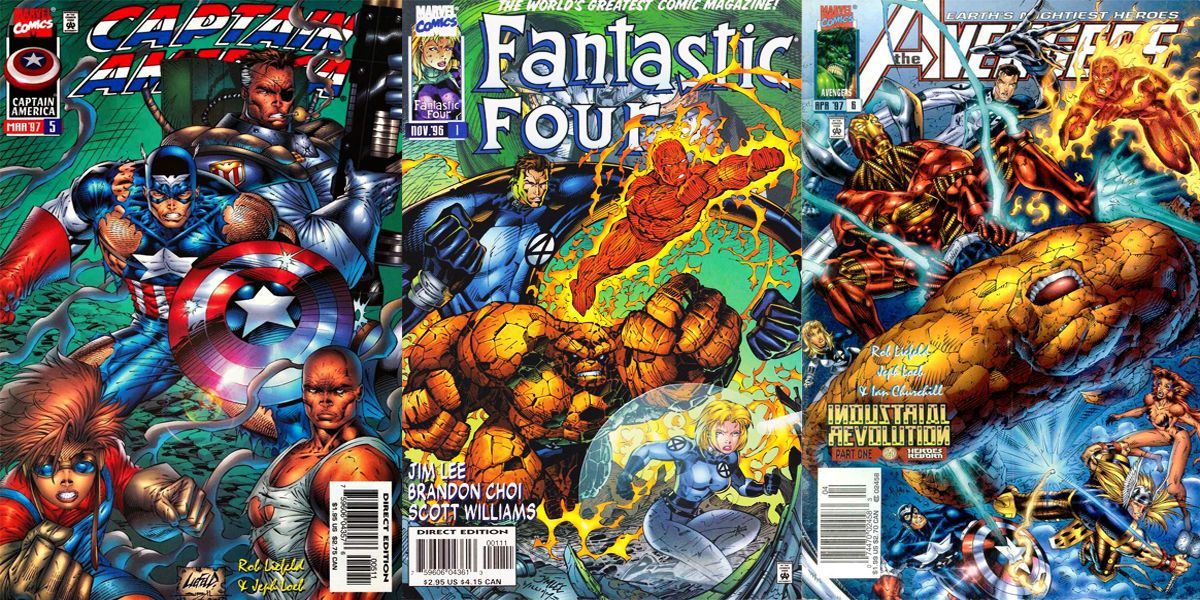
While Heroes Reborn is a storyline, the upcoming Fantastic Four MCU movie could adapt in some ways; wiping the slate clean didn't always produce satisfying results.
Ben Grimm barely acknowledges his startling transformation into the Thing, a major part of his character in the original comics. Namor is presented as a total hero from the beginning, without the complexities of his Earth-616 version. The original Namor has been both a hero and a villain over the course of Marvel history.
5 Infamous Art
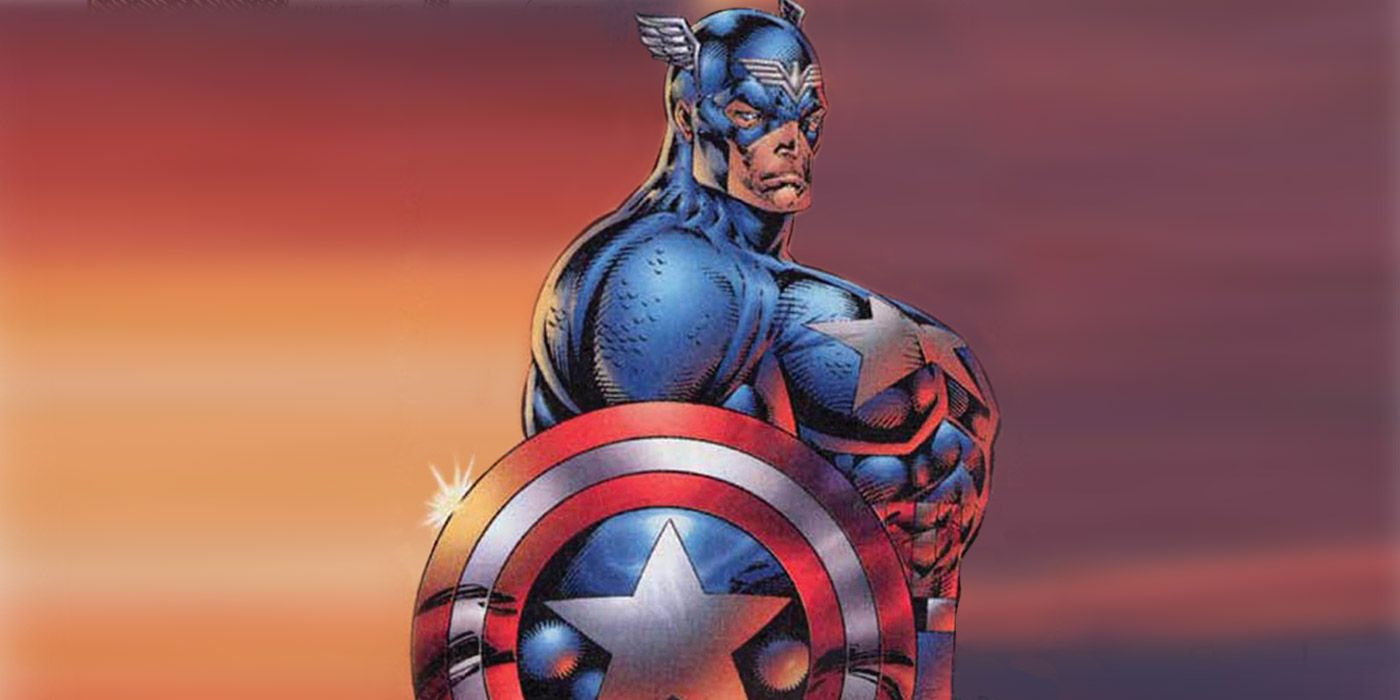
One of the biggest draws to the reboot was the art of Jim Lee and Rob Liefeld, who were among the hottest comic book artists of the era. But one of the abiding memories of the event is the less than anatomically accurate art, especially from Rob Liefeld.
Liefeld's infamous depiction of Captain America in profile is one of the times comic book readers felt bad for the legendary hero. The image became synonymous with the event and the entire era, signaling that, for some, these characters and comics seemed to forget themselves.
4 The Departure Of Rob Liefeld
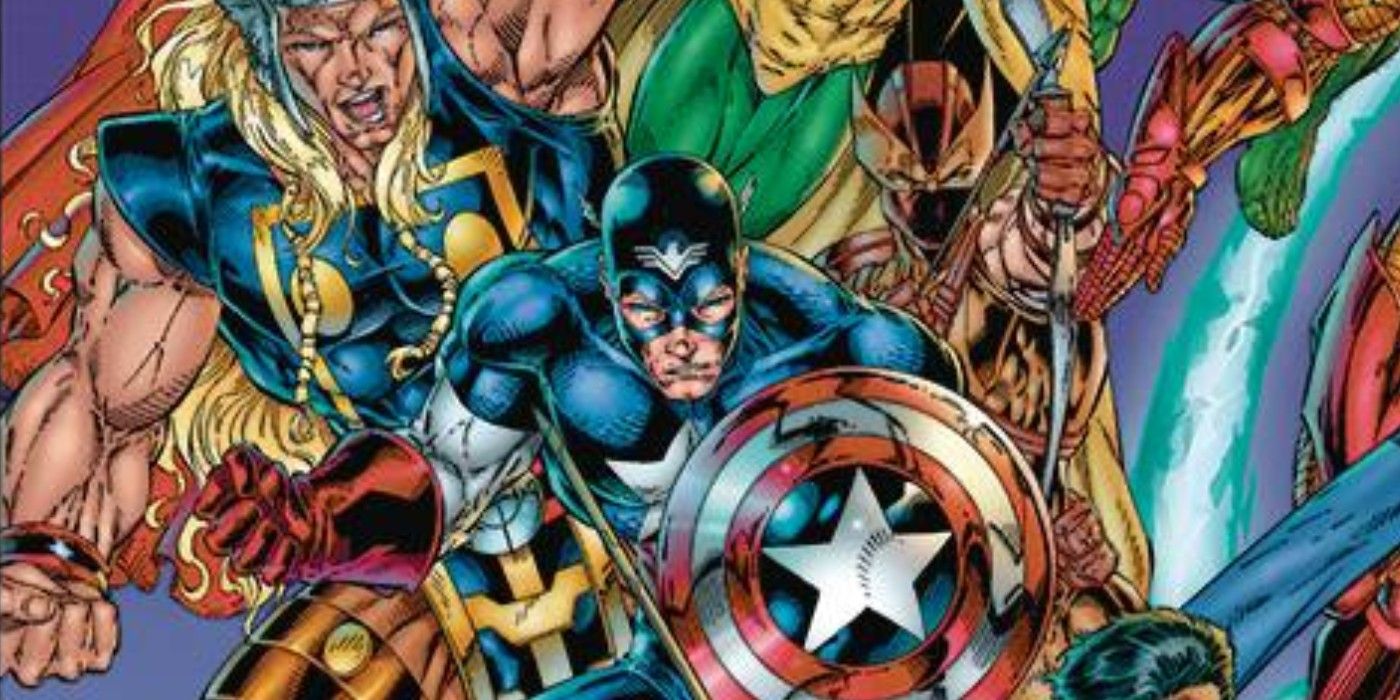
The Heroes Reborn experiment did result in an increase in sales, as Marvel had hoped. Despite this, an impasse between the creator and Marvel led to Rob Liefeld leaving his titles only halfway through the thirteen-issue run.
Avengers and Captain America and the titles fell under the watch of Jim Lee and his personal studio Wildstorm Entertainment for the rest of the run. Writer and artist Walt Simonson stepped in to finish Avengers, applying his many years of experience with the characters.
3 Heroes Return
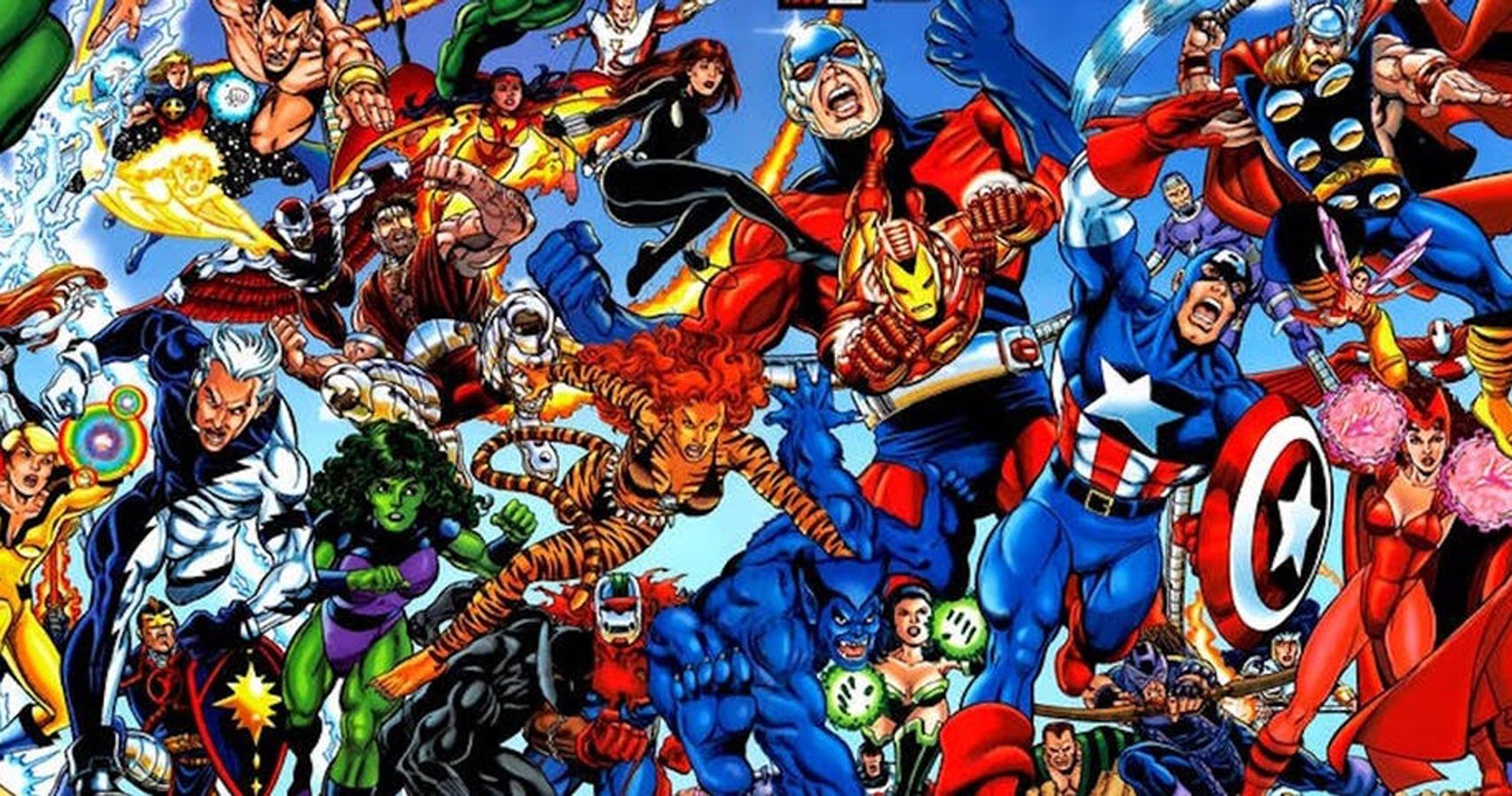
All of the characters returned to the main Marvel Universe in an event called Heroes Return. The 1997 storyline reintegrated the heroes after the Celestials, some of the most powerful cosmic beings in Marvel Comics, intervened. The return of the heroes did have the benefit of cleaning up some less than ideal circumstances in Earth-616 continuity.
RELATED: Falcon And The Winter Soldier: 10 Things Only Comic Book Fans Know About The Contessa
Tony Stark was fused with his teenage self, who had taken over the role of Iron Man before Heroes Reborn during The Crossing storyline, in which Stark was revealed to be a villain all along, working for Kang The Conqueror.
2 Positive Legacy
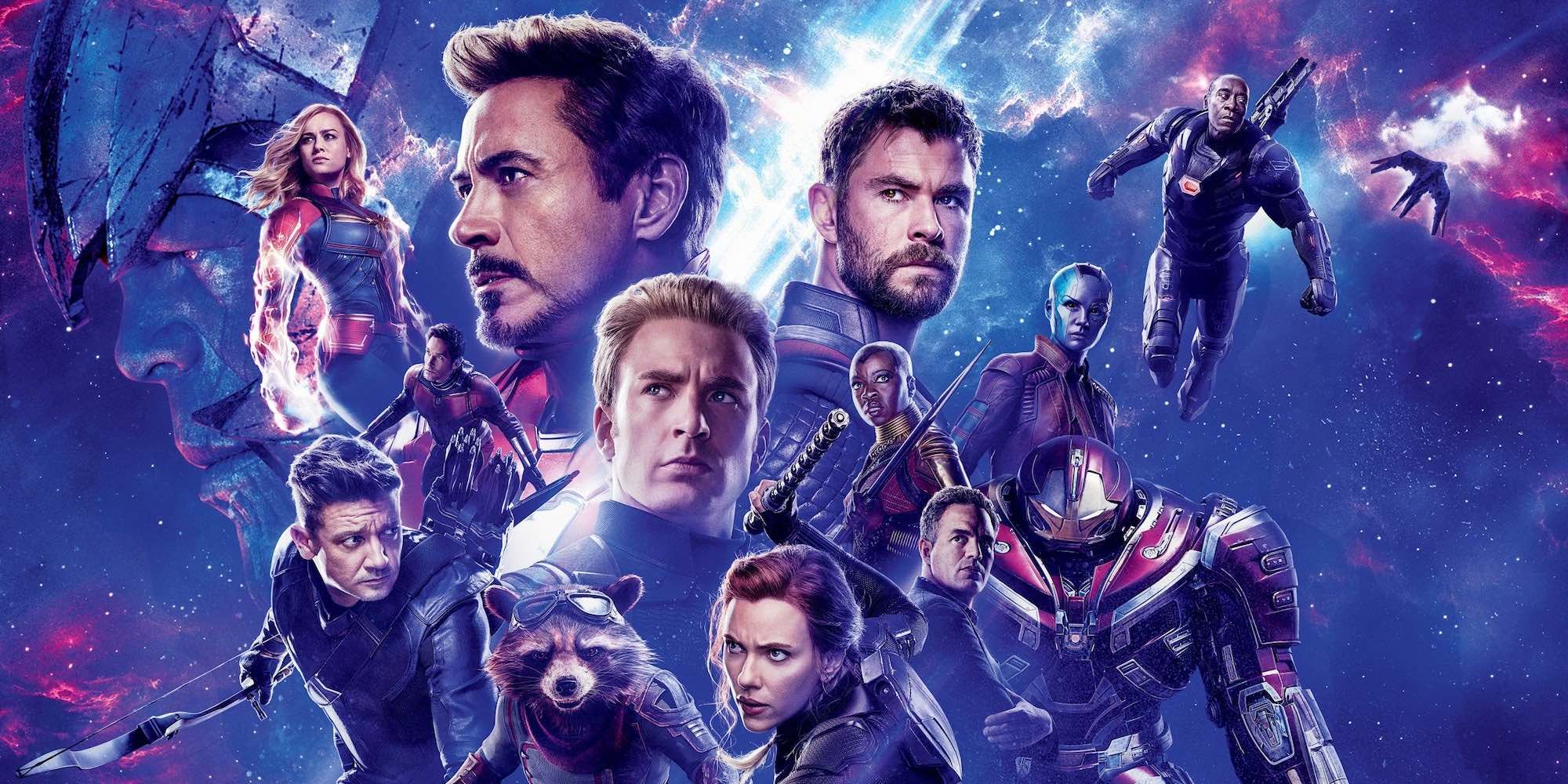
While the overall Heroes Reborn storyline was poorly received, it did have an unexpected benefit that is in many ways paying off now in the Marvel Cinematic Universe. The fallout from the 1996 event forced Marvel to focus on the creative success of the Avengers and Fantastic Four, leading to a new era of storytelling for both.
Major storylines like concepts like the return of Bucky Barnes as The Winter Soldier, Civil War, and House Of M, which inspired WandaVision, all followed in the early 2000s. Many of these new concepts directly informed the MCU as it took off in 2008.
1 Heroes Reborn 2021
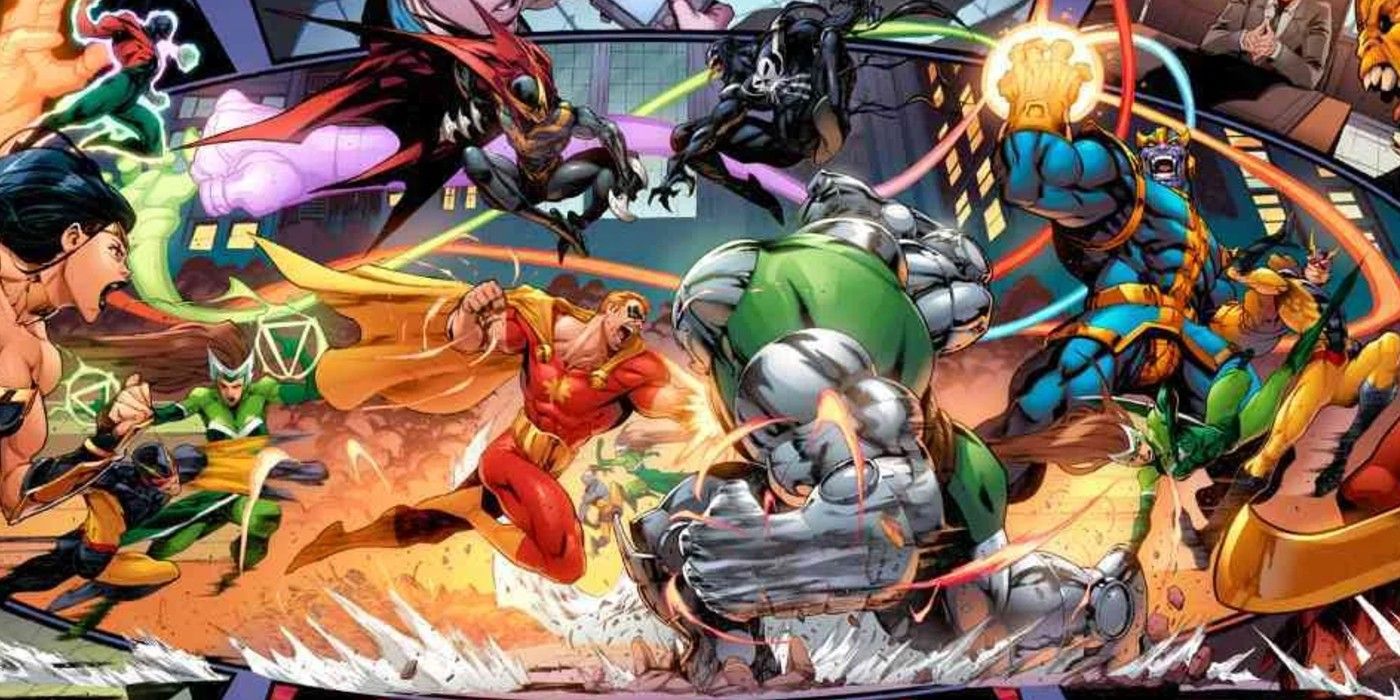
The event has returned, at least in name only, in 2021. Heroes Reborn is the title of a major new storyline in Marvel Comics that imagines a reality where the Avengers never existed.
In their place, the Squadron Supreme, Marvel's very obvious pastiche of the Justice League, protects the world. The story continues the recent trend of Marvel bringing back the names and ideas of previous concepts, like 2015's redux of the '80s crossover Secret Wars, and reinterpreting them for a modern audience.
from ScreenRant - Feed https://ift.tt/3xUYmVw

0 Comments